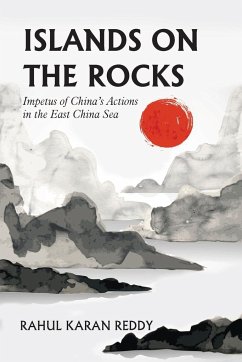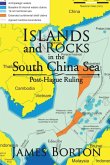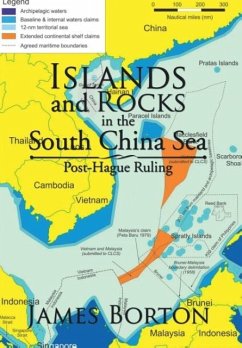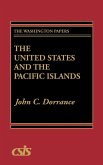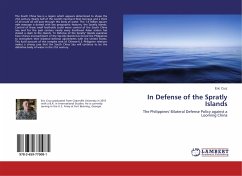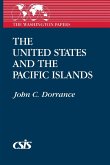China and Japan have been at loggerheads over the Senkaku/Diaoyu Islands for well over two decades now. With no end to the dispute in sight, and agreements breaking down, it appears as if a new theatre in the Asia-Pacific region has been activated. This monograph is an exercise in determining as to what extent China is willing and capable of operating in a new theatre. To change the status quo of the East China Sea (ECS) unilaterally through the use force or otherwise, a variety of calculations will go into the formulation of Chinese foreign policy towards the region. These considerations take the shape of economic and commercial interests, energy insecurity and nationalist fever, among others. Islands on the Rocks is a study of Chinese insecurities and vulnerabilities that impose upon the foreign policy calculus of China when it comes to the ECS. The paper outlines the Chinese strategy to gain sovereignty and effective control of the islands, through the use of the People's Liberation Army Navy (PLAN). Sino-Japanese relations form the backbone of this dispute over the Senkaku/Diaoyu Islands. The three angles of studying the position of both states are: the extent of trade in the ECS and which countries are most vested in it; the state of energy security in China and Japan to see what the impact of a blockade is likely to be; and the strains that nationalism exerts on the ECS dispute. These forces and the accompanying strategies employed by both states are outlined in the paper, with Sino-Japanese relations as the backbone. With these various considerations imposing on the foreign policy and behaviour of both states, the author suggests some solutions and suggestions to foster cooperation and put an end to the stare-down contest between the two states.
Hinweis: Dieser Artikel kann nur an eine deutsche Lieferadresse ausgeliefert werden.
Hinweis: Dieser Artikel kann nur an eine deutsche Lieferadresse ausgeliefert werden.

